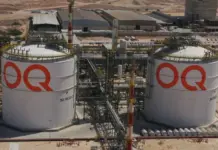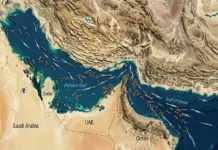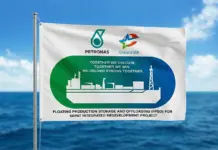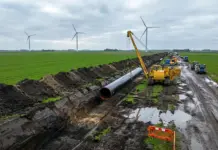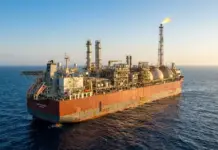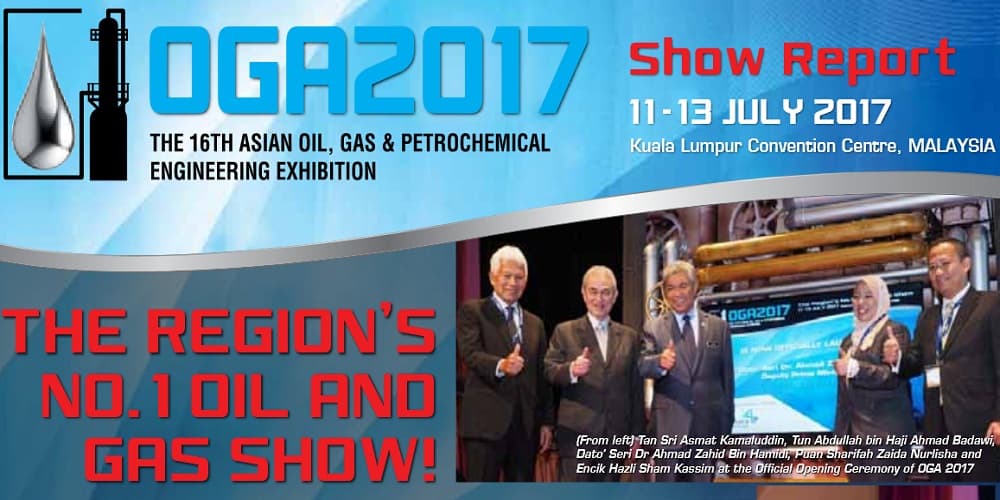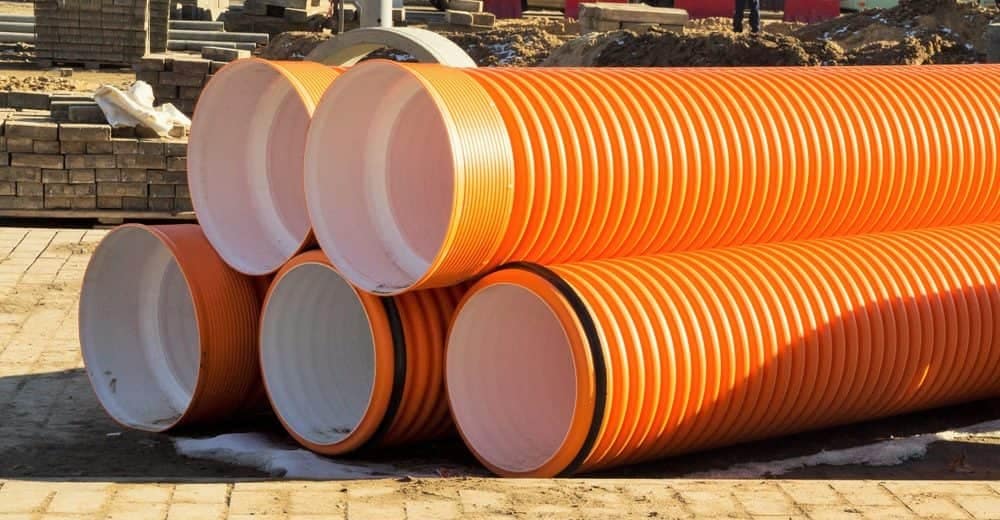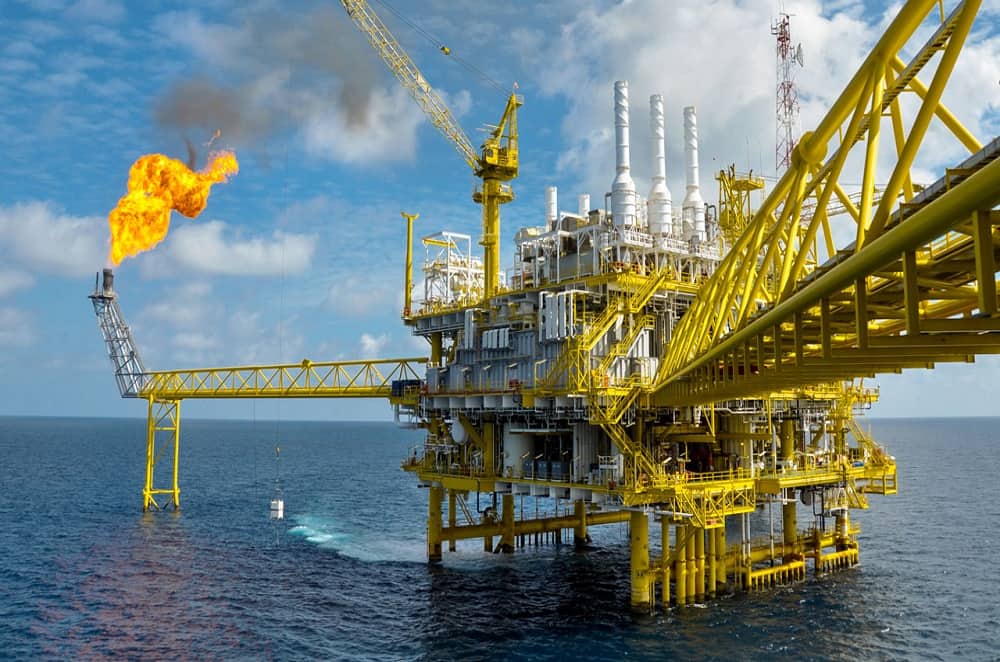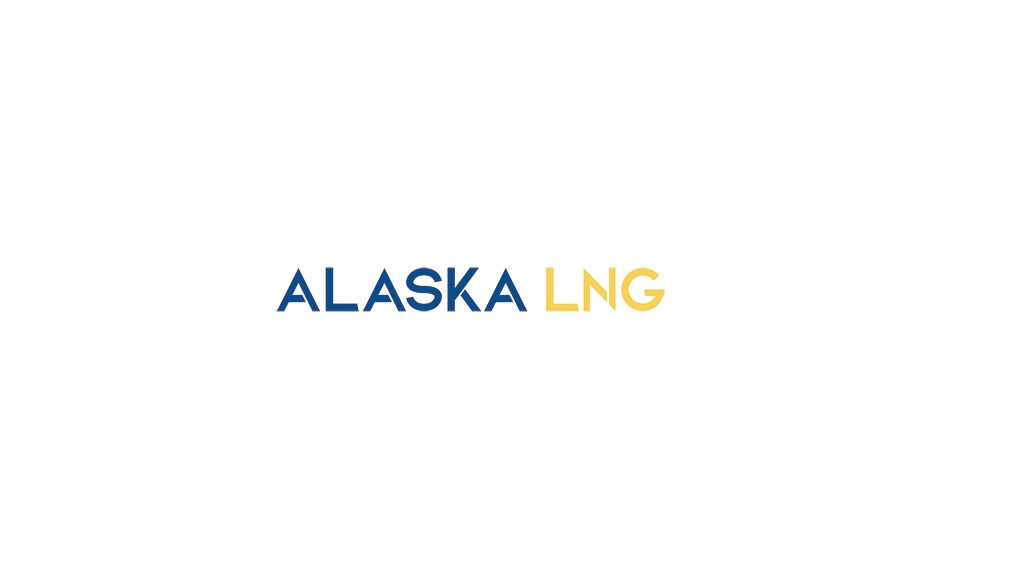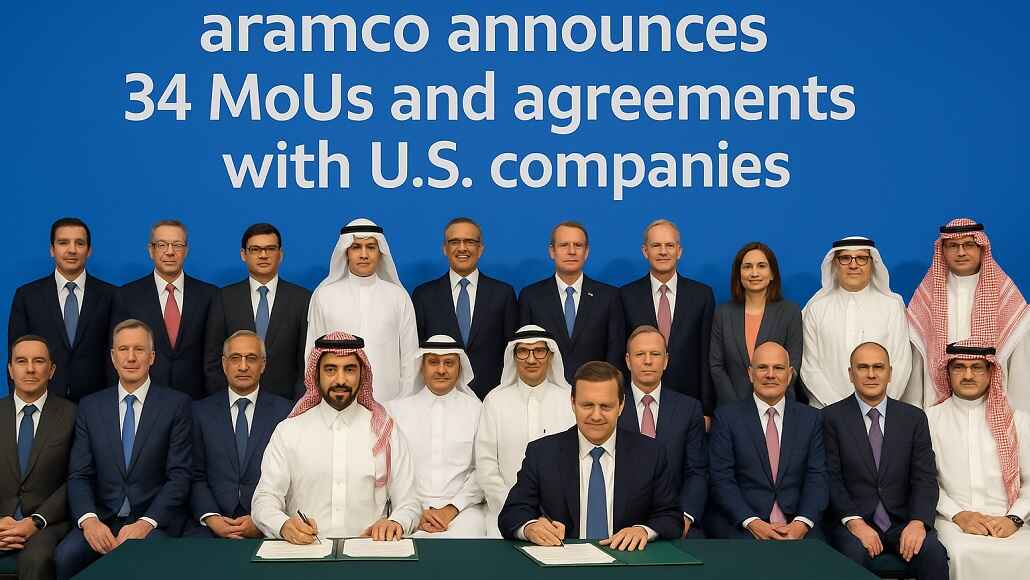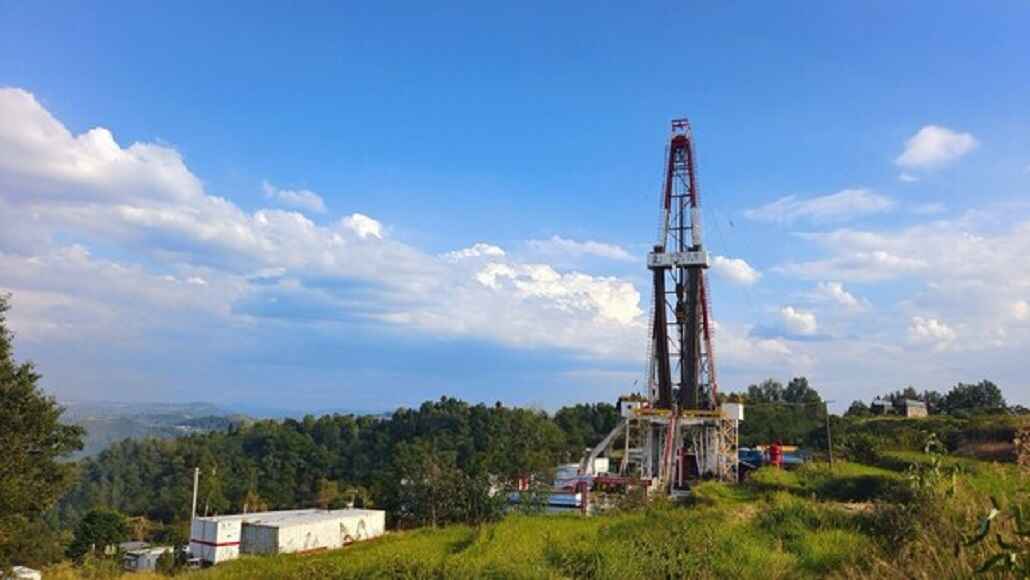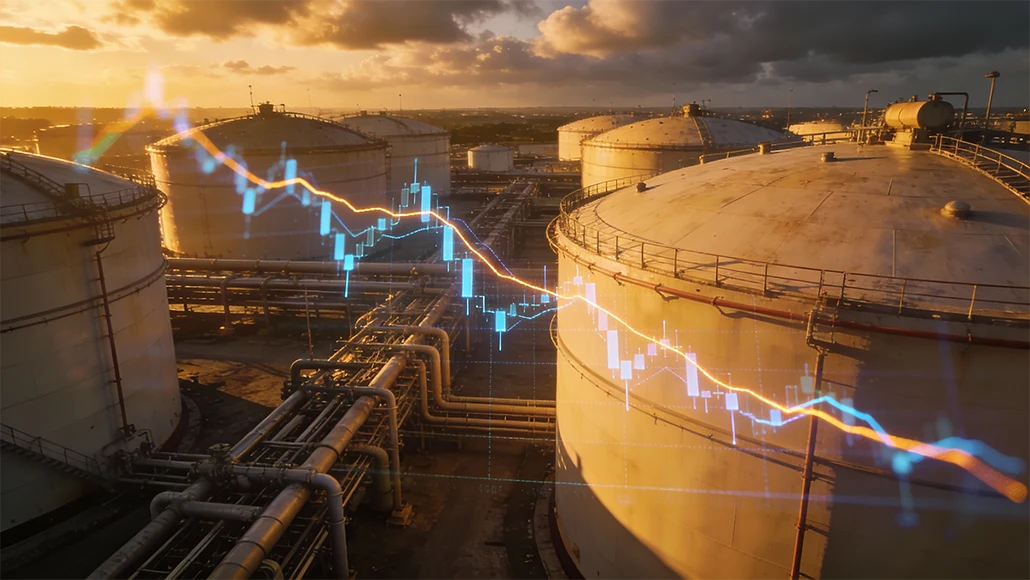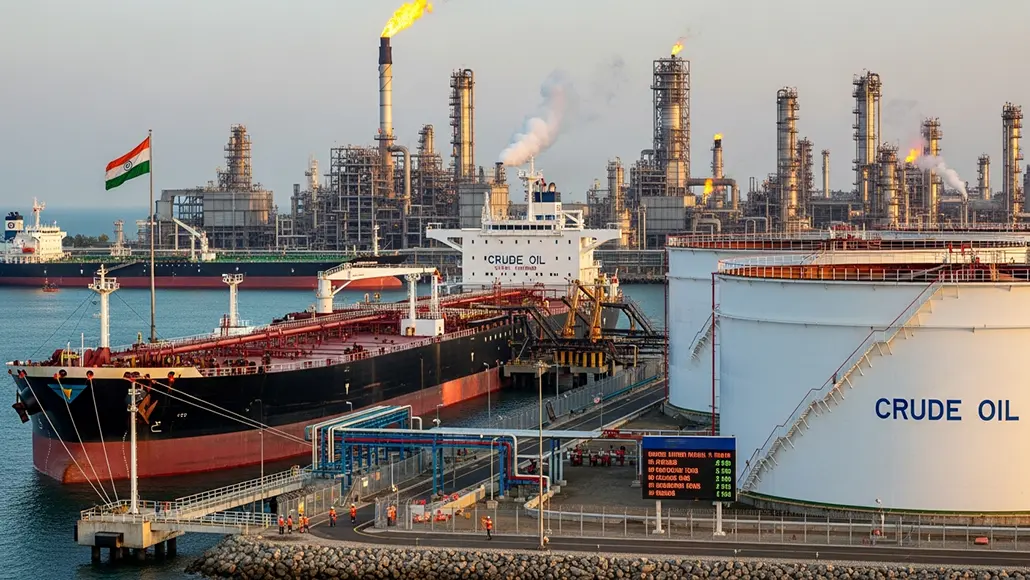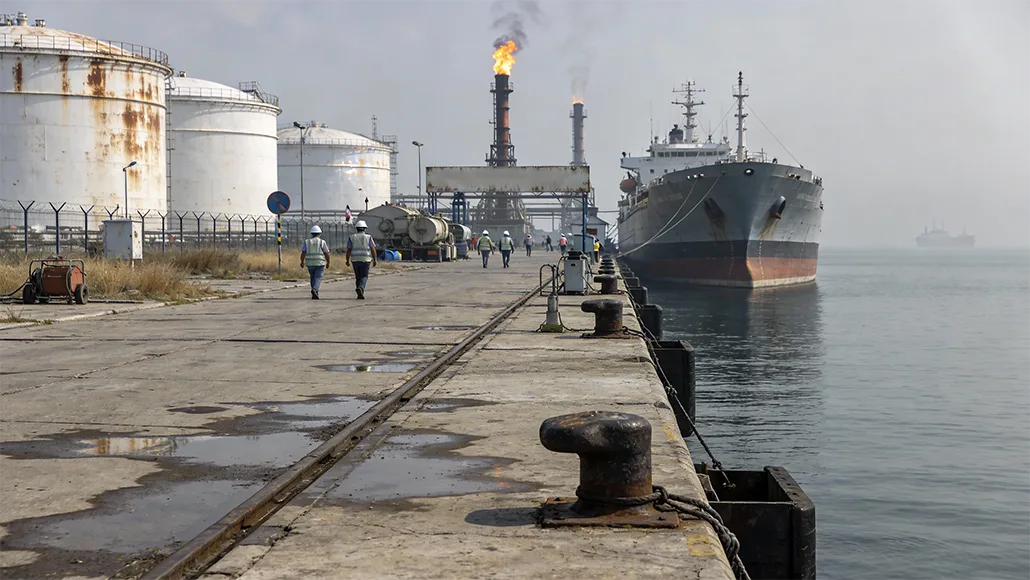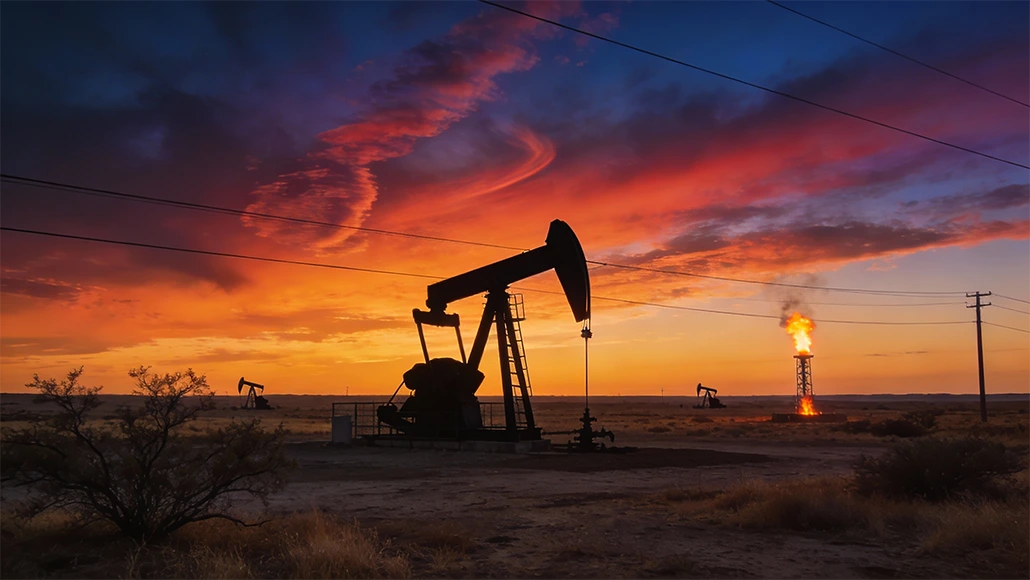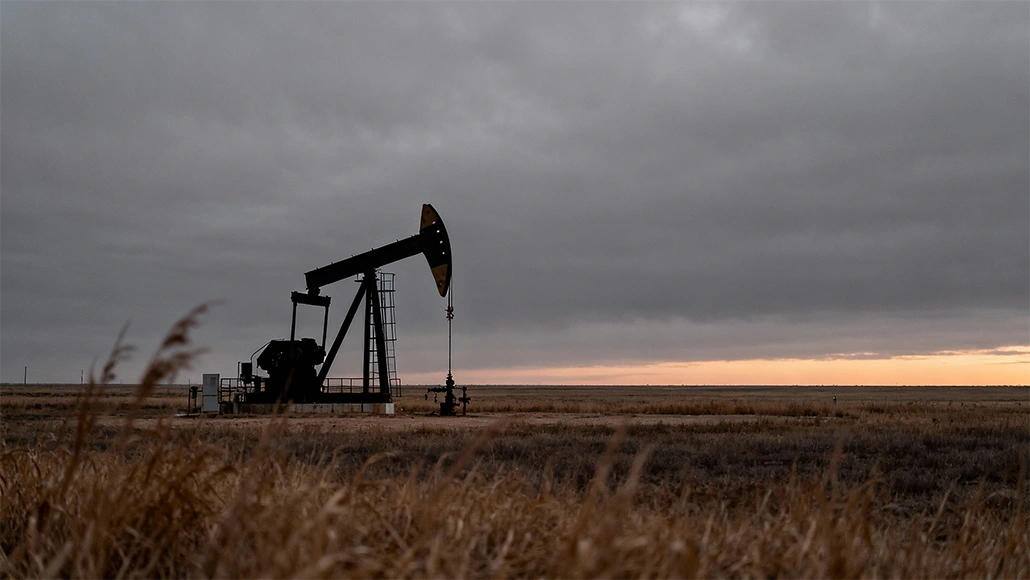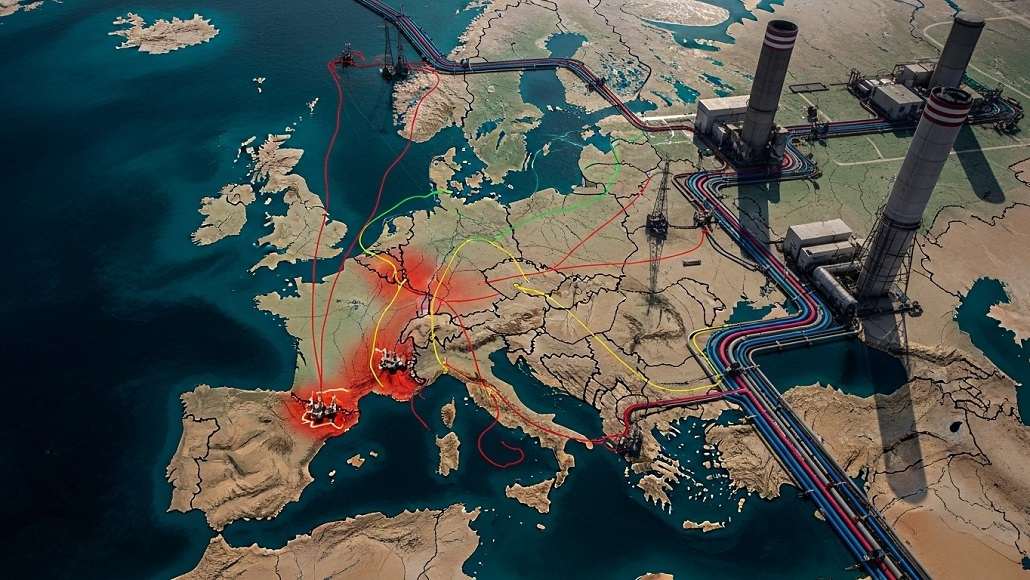Geopolitical tensions are influencing the liquefied natural gas supply, leading to price changes and affecting Europe as important shipping routes experience challenges.
As the situation between Israel and Iran evolves, there is a growing awareness about the importance of oil transportation routes and natural gas fields, highlighting their significance in global energy discussions. The economies of Europe and its liquefied natural gas supplies would experience significant changes.
The current geopolitical issue presents challenges, such as rising energy prices in Europe and the potential impact on one of the world’s vital fuel shipping routes. The trade war initiated by US tariffs and the crisis present challenges that could impact the global economy.
Oil prices increased due to heightened uncertainty following the US’s actions in Iran over the weekend. Brent crude oil was priced at over $77 a barrel on Monday morning, while WTI was priced at over $74 a barrel.
Since the end of May, the price of the international benchmark Brent has increased by about 20%. While the trade war, high costs, and supply challenges present some hurdles, there is potential for innovation and adaptation in production globally.
Prices in the markets are reflecting considerations regarding the world’s supply of oil and liquefied natural gas (LNG). Following the US’s actions against Iranian nuclear facilities and the Iranian Parliament’s decision regarding the Strait of Hormuz, a vital shipping route for oil and natural gas, the situation saw significant developments over the weekend. The final decision is now awaiting approval from Iran’s Supreme National Security Council.
Iran plays a crucial role in overseeing the significant strait through which a substantial portion of the world’s oil and a notable share of the world’s LNG exports flow. Analysts suggest that prices may rise to $100 or even higher if the route faces any blockages.
Iran is in charge of the very important strait that carries a third of the world’s oil and a fifth of the world’s LNG shipments. Analysts say that if the route is stopped, costs might go up to $100 or more.
“I do not expect that the strait is going to be closed,” Dr. Yousef Alshammari, President of the London College of Energy Economics, said to Euronews Business — before the US struck Iran. He added: ”It is simply because Iran needs the Strait of Hormuz open for ships to go through for its clients, India and China.”
Meanwhile, “insurance companies are likely to charge more currently, while Qatar is trying to delay its LNG shipments going through the Strait,” added Alshammari. The area’s natural gas resources are also getting a lot of attention. Iran and Qatar both own the South Pars field, which is the largest natural gas field in the world. The liquefied natural gas (LNG) that comes from this area is very important for Europe and the rest of the world.
The Impact of Inflation on Businesses in Europe
The EU currently has a sufficient supply of LNG, and as it diversifies its sources beyond Russian gas, it is taking proactive steps to enhance its energy security against potential geopolitical challenges.
European petrol prices have seen a significant increase as the market considers the recent possibilities of supply challenges. The Dutch TTF (Title Transfer Facility), the primary indicator of European petrol prices, reached an impressive three-month high on Monday morning in Europe, nearing €42/MWh.
Nearly 10% of Europe’s LNG needs are fulfilled by imports from Qatar. LNG is also sent from other nations in the area, such as Egypt, to Europe. Following the Hamas attack on October 7, 2023, Israel made the decision to temporarily reduce part of its own output. This led to Egypt halting LNG shipments, resulting in an increase in European natural gas prices.
Many companies are currently supplying natural gas to Europe. In 2024, Norway emerged as the EU’s leading gas provider, contributing over 33% of all gas imports. Other providers included the US, Algeria, Qatar, the UK, Azerbaijan, and Russia.
France, Spain, Italy, the Netherlands, and Belgium are the leading EU countries in LNG purchases.
The Institute for Energy Economics and Financial Analysis (IEEFA) highlights that Belgium, Italy, and Poland would experience significant impacts if shipments from Qatar were disrupted, as the country plays a crucial role in supplying 38–45% of their LNG imports.
This time of year typically brings a wonderful opportunity as petrol demand in Europe tends to be at its lowest. The warmer weather in the EU is encouraging people to seek out more cooling options, which may lead to an increased demand for energy in the coming weeks.
“Spikes in energy prices push up inflation, and can have a knock-on effect on the central bank’s policy,” Alshammari said.
The US Fed and the Bank of England are two central banks that have chosen to maintain interest rates as they navigate through some uncertainty. If the ECB and the BoE anticipate that inflation will remain elevated for some time and that the 2% target seems increasingly distant, they might choose to raise interest rates further. This could lead to higher borrowing and investing costs, impacting the economy.
“Because of the Ukraine War, the EU in particular changed where they got their liquefied natural gas, or LNG gas. Now they get it from producers like Qatar instead of Russia,” Marco Forgione, Director General of the Chartered Institute of Export and International Trade.
He added that anything constraining the transit of liquefied natural gas will have a quick impact on the EU, “particularly in the manufacturing sector”.
Summer brings a peak in oil demand, driven in part by vibrant industrial activity. While there are challenges with rising prices and availability, there are also opportunities for innovation in manufacturing.
Forgione highlights that European companies are currently navigating higher trade tensions due to US tariffs, and they are now facing additional challenges. It’s akin to engaging in a game of four-dimensional chess. He had a conversation with Euronews prior to the US strikes over the weekend.
Forgione mentioned that sudden increases in oil prices and low transportation rates might result in notable price adjustments for consumers, potential shortages of goods, and shrinkflation. This is when a product becomes more compact while the price remains unchanged.
Global Market Opportunities
The situation is centred around Iran’s energy infrastructure.
The country ranks as the ninth-largest oil producer globally. The US Energy Information Administration reports that the country has the potential to produce 3.8 million barrels of oil a day at full capacity. Iran’s oil exports primarily reach China and India, showcasing strong trade relationships despite Western sanctions.
Iran exports 1.5 million barrels of oil daily, contributing to 10% of China’s oil imports. China is the world’s second-largest economy, and if it can’t secure this item, it will explore other options, which could lead to increased costs.
The potential impacts of the Iran-Israel crisis on world politics are creating some market uncertainty, and it seems that volatility may be a consistent presence for the time being.
At the same time, we are eager to discover what Europe’s role will be in the fight.
“My biggest worry is that it turns out to be a wider conflict, involving European countries, UK and France. This is the scenario that nobody wants to see happen,” added Alshammari.



